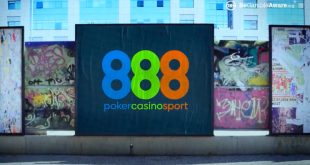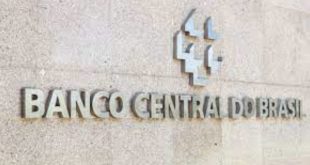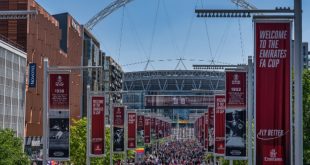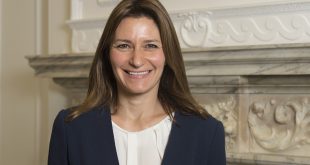 David Clifton, Director, Clifton Davies Consultancy Limited
David Clifton, Director, Clifton Davies Consultancy Limited
The answer, at least as far as the Gambling Commission is concerned, is when the main purpose of the betting shop is to make gaming machines available. However, as is so often the case with the Gambling Act 2005, it is not quite as clearcut as that. In addition, as has also so often been the case, at the root of the controversy are FOBTs.
In an advice note published in October 2013 and seemingly designed to keep lawyers busy, the Commission has listed the following as “indicators of betting as primary gambling activity”:
- offer of established core products (including live event coverage and bet range)
- provision of information on products and events
- promotion of gambling opportunities and products
- actual or expected use made of betting facilities
- size of premises
- delivery of betting facilities.
to assist in ascertaining whether a purported betting shop business is instead “designed merely to enable the provision of gaming machines”, including FOBTs that are regarded by many as a major cause of problem gambling.
At the moment, the jury is out on that particular issue with the Prime Minister stating on 8 January that a review of FOBTs is underway, upon which the Government will be reporting “in the Spring”. What does seem clear is that the Government will introduce precautionary measures to make FOBTs safer, if “evidence-based” research shows that this is necessary. Officially categorized as Category B2 gaming machines, up to four FOBTs per betting shop can currently offer a maximum stake of £100 and a maximum prize of £500.
The Daily Mail has recently reported that the Chief Executive of William Hill is calling on the Government to prevent clustering of betting shops to stop them alienating communities. It’s not unreasonable to ask what has led the boss of the world’s biggest bookmaker to indulge in such altruistic navel-gazing. With 2,390 betting shops across the UK, it must surely be in his company’s commercial best interests to maintain its market domination, particularly bearing in mind the dramatic turning of the tide of public and parliamentary opinion against FOBTs. We await to see if there will be any such licensing change, but in the meantime two recent cases illustrate the conundrum faced by both local authorities and the Gambling Commission when faced with betting premises licence applications that appear to have been made primarily in order to enable a bookmaker to provide FOBTs.
in June 2013, the bookmaker Paddy Power won an appeal against a decision by the London Borough of Newham to refuse a betting premises licence. One issue in the appeal related to what would be the “primary activity” in the premises, and whether the fact that the primary profits would come, not from traditional over-the-counter betting, but instead from FOBTs could constitute a valid ground for refusal of the licence.
The Council conceded during the appeal hearing that, if it could take account of what would be the “primary activity”, it made a mistake in its interpretation of this and was therefore wrong to refuse the licence on that ground. The judge found in favour of Paddy Power, saying that he thought the concept of “primary activity” to fall outside the remit of the local authority and instead to rest “squarely with the Gambling Commission”.
For its part, the Gambling Commission has made it clear that it does not agree with the Judge, maintaining that:
- what matters is whether there are, or are intended to be, sufficient facilities for betting to constitute a betting business rather than an arcade business and
- a licensing authority can take account of the Commission’s codes of practice and guidance relating to primary activity.
The Gambling Commission published its October 2013 advice note after it had suffered a further setback during September when a judge sitting in the General Regulatory Chamber of the First-Tier Tribunal had allowed an appeal against the decision of the Commission to revoke a betting operator’s non-remote general betting operating licence.
In that case the operator, Trafalgar Leisure, was providing five remote betting terminals and four FOBTs at each of its licensed premises but did not offer any over-the-counter betting facilities. The Gambling Commission considered that this constituted insufficient “facilities for betting”. The judge rejected this argument, instead agreeing with Trafalgar Leisure that the natural meaning of “facilities for betting” included remote facilities such as the betting terminals and was not restricted to meaning only non-remote facilities. It followed that the provision of four FOBTs at Trafalgar’s premises did not breach its operating licence, as the Commission had sought to maintain.
Based on that decision, it might seem that a betting shop will still be a betting shop even if it is used for no other purpose than making machines available for use on premises. I forecast much continuing debate on this question.
For more info on Clifton Davies click here








